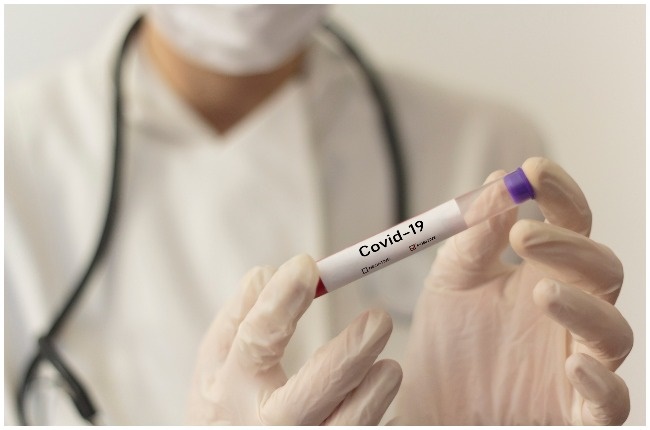
It might be a long time before we know everything there is to know about the novel coronavirus. According to a new study published in the Journal of the American Medical Association, two-thirds of infected patients in the New York City area do not present with fever. There is also additional data showing patients have been presenting with silent hypoxia, oxygen deprivation in the body.
But the changing case definition in the United States isn’t something that should alarm South Africans, says Professor Adrian Puren of the National Institute for Communicable Diseases (NICD). “The purpose of a case definition is to, as closely as possible, identify infected persons during an outbreak and in an epidemic. It also assists in the case of an outbreak to identify the source/s of infection,” he says.
He highlights that communicated case definitions are refined as more information about a virus becomes available, in the case of a pandemic we are likely to see country-specific definitions as well. “There is evidence that the changes in definition from a more restrictive to a broader definition affected the number of cases reported in China,” he adds. China had as many as seven case definitions as the virus developed. When the virus became a global pandemic, bodies like the World Health Organization (WHO) had to communicate a common case definition for the virus.
In South Africa, according to the NICD, the symptoms of the virus have remained consistent with those seen in other countries, with more men than women having been infected and mortality mainly in older age groups (>60 years) and people with underlying co-morbidities, including diabetes and cardiac and lung diseases.
Concerns have been voiced regarding people living with HIV/Aids and TB being at a higher or lower risk. Chair of the government’s Ministerial Advisory Committee on Covid-19, Professor Salim Abdool Karim, said the country has no reference data to know if Covid-19 will adversely affect the millions of people living with HIV. “When we discussed this with our colleagues in China, they told us that in the entire population they have studied they had one patient with HIV on antiretroviral [therapy], who had an uneventful course,” he told eNCA.
Professor Karim also commented on the emerging data around the drugs being used to treat Covid-19, namely HIV drug lopinavir/ritonavir (LPV/r), which a New England Journal of Medicine study deemed not to be effective in the treatment of the virus, and chloroquine/hydroxychloroquine, which in some studies had been found to alter heart function and even cause heart attacks.
Both these drugs form part of the WHO global clinical trial, Solidarity, which includes 122 countries. Dr Jeremy Nel, who pioneers the clinical trial in SA along with Professor Helen Rees, says the drugs will still be offered in the clinical trial. “The evidence for either one of these still isn’t definitive as to any benefits and risks,” he says.
He highlights that the chloroquine studies are of low quality while some have shown benefits and others haven’t. “The potential heart issues with chloroquine have been well-known to doctors for many years, but the negative effects seen in some of the Covid-19 literature to date has mostly been with higher doses than Solidarity is using, and also when the drug was combined with another drug called azithromycin, which also causes the same heart effects,” he says, noting that risks will be much lower with Solidarity.
“Regarding lopinavir/ritonavir,” Dr Nel says, “the New England Journal of Medicine study didn’t show a clear benefit in terms of the time it took to get better, but again the results weren’t clear cut. The group that received LPV/r had fewer deaths, but the numbers were too small to be sure of. Also the patients got LPV/r late in their disease course, and it’s not clear whether giving them the drug earlier would maybe have helped them. Solidarity will hopefully help answer both these questions.”


















